|
False Starts; My process, parts 6-8
|
It’s been ages since I added an entry to this “How I Write a Book” series. I really have been writing a book in the meantime. I just started to get a little superstitious about blogging about it before the book was actually sold. But now that it is (yay again!), I’m gonna back up a few steps and pick up where I left off.
Which was with outlining. I write a long, rambling narrative outline that will not fit into squares.
The next step would be (drumroll, please)….to start writing the book.
By the time I sit down to write chapter one, I’ve been thinking about it for months. I have this elaborate vision of the setting and set-up, and whole chunks of dialogue planned. I sit down to my keyboard, knowing that this opening scene is just going to flow onto the page, and it will be perfect.
Two pages in, I know I’m screwed. It’s not coming out the way I’d thought it would. Characters are saying things on the page they never said before, in all our many pre-writing conversations. Or they may refuse to behave in ways we’ve worked out well in advance. When I express my irritation with them, and tell them that they are being uncooperative and ruining my Perfect Opening Scene, they give me a diffident shrug and say, “Not my problem.”
Thanks, guys. I thought we were friends.
And then there’s the backstory. It’s like a mammoth logic pretzel, figuring out how to craft a scene, or a series of scenes, that will allow me to introduce all the main characters, communicate the protagonists’ motivations, set up the conflict, fold in details from their pasts that inform the current action… it makes my brain hurt.
So once it’s clear that Plan A just isn’t going to work, I start tweaking it. And the more I tweak it, the more I realize the problem is not just in my envisioning of my Perfect Opening Scene, it is in my whole concept of the book. This is where I quietly freak out. Or not so quietly. And then I take several deep, cleansing breaths, eat something bad for me, and come back to basically reevaluate everything I’ve planned for the book.
With the book I’m currently writing, tentatively called The Desire of a Duke (Stud Club book one, dontcha know), I had I don’t know how many false starts. Writing the beginning of this book was excruciating, because it is not just the beginning of one story, it is the beginning of three. There are six characters introduced in the first three chapters–no, wait. Seven. All three heroes for the series, two of the heroines, and two important secondary characters. If you count a very important horse, we’re up to eight. Some of them are strangers before that night, some are related by blood. Some have a history of love, some have a history of hate. Some are grieving, some are desperate, some are by nature uncommunicative, and one is dead. AND, to make matters trickier, I’m one of those writers who prefers to limit the POVs (points of view) to two. So whatever I need to tell you about six of the eight people, I have to get the point across through one of the remaining two.
Okay, long story short – I find this hard. I typically have to take several cracks at it. (That’s before my editor has her say, which usually necessitates yet more cracking.) Even though I’m pretty happy with the opening chapters of DOAD right now, I know I may still need to change them once the whole book is complete.
For me, the beginning’s never right until the ending’s in the bank. But then, in writing – at least we get as many do-overs as we want. Or as many as we can squeeze in before our deadlines. 😉
What do you think? Are unlimited do-overs a bright side? Or a curse?


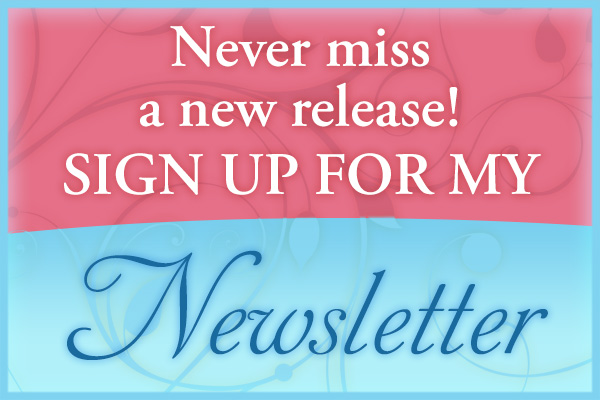
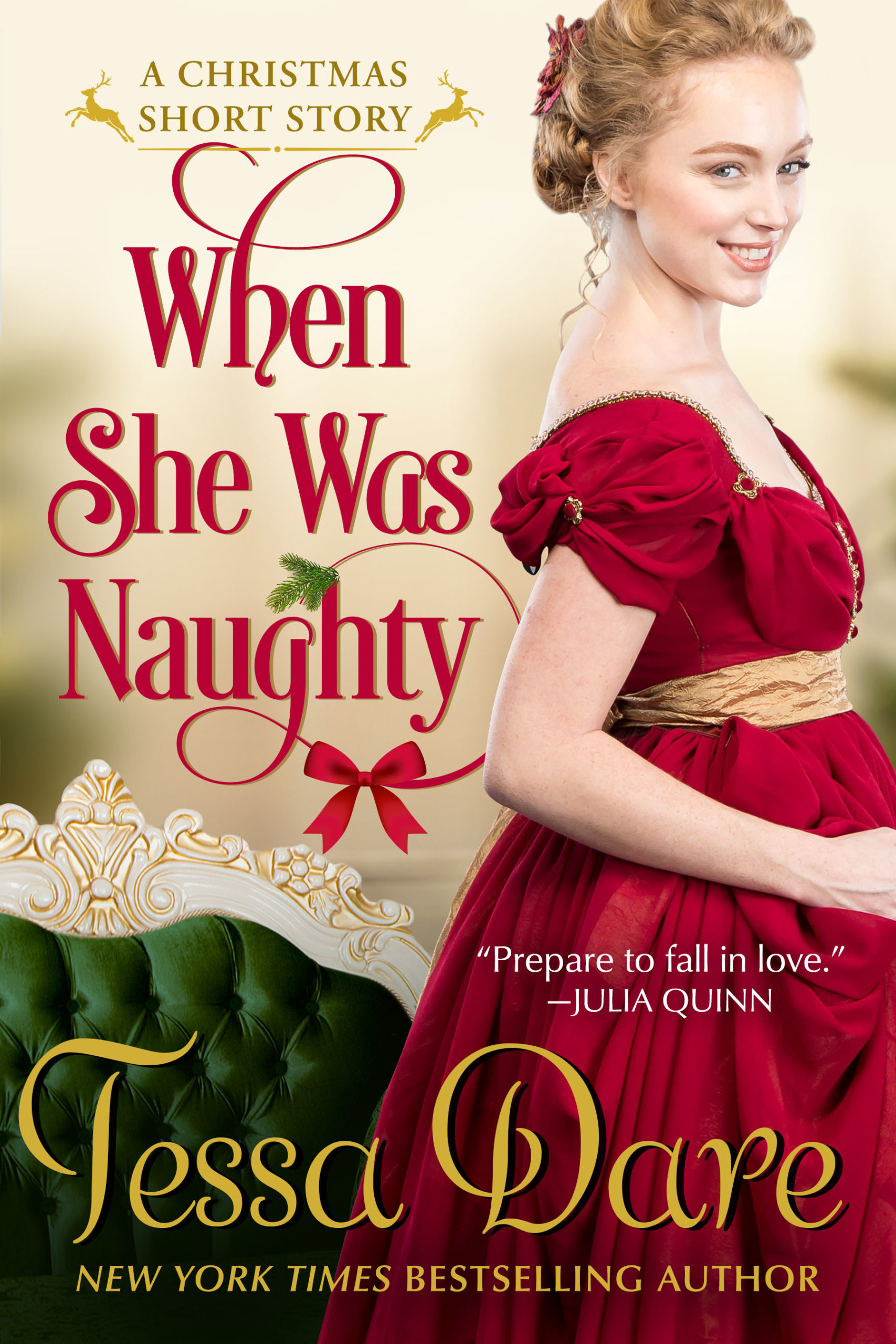
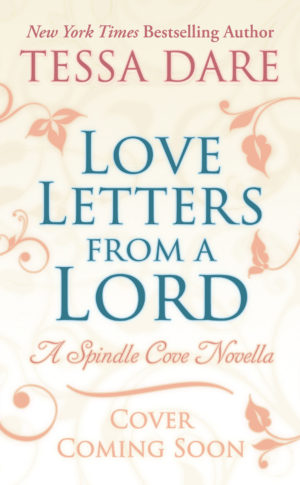
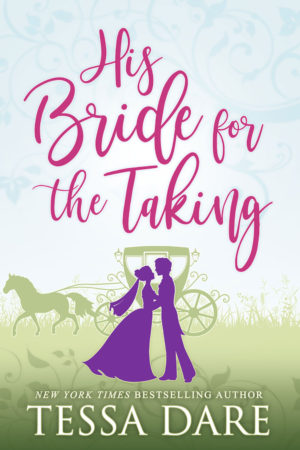
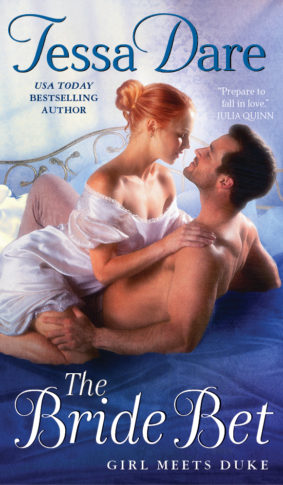


March 24th, 2009 at 11:02 am · Link
Yes.
March 24th, 2009 at 4:13 pm · Link
I say, whatever gets the job done. 🙂
March 25th, 2009 at 6:49 am · Link
I know this feeling, except in my case, it’s usually right around the 5,000 word mark that I suddenly realize everything I’ve written up to now DOES NOT WORK!!!! It’s not that the initial scenes didn’t each work just fine on their own. It’s that I suddenly discover the crucial scene I was writing toward is now longer motivateable (is that word?) and my conflict/plot evaporates in a puff of steam. Well, sheee-oot!
So yeah, do-overs…I know all about them. But mine are seldom about the first scene–or about ONLY the first scene. They can be about thousands and thousands of words. Which is why, many times, I throw up my hands in defeat and start an entirely different story :)!
March 25th, 2009 at 5:46 pm · Link
I’m on Jackie’s boat: been there, done that. I think do-overs are a good thing, particularly if you’re doing over a few thousand words, rather than a blank page. The constant effort of writing keeps the juices and the momentum going, so I feel it has an upside.
Now, when you’re writing something off-the-cuff for fun, do-overs can ruin the spontaneity of the exercise.
March 27th, 2009 at 1:49 pm · Link
I’m less of a do-over and more of a tweak-tweak-tweak kind of writer. I don’t throw away words as much as I might smash them down like a lump of clay and shape them into something else. God, it is exhausting! (Thus the procrastinating on the internet 😉